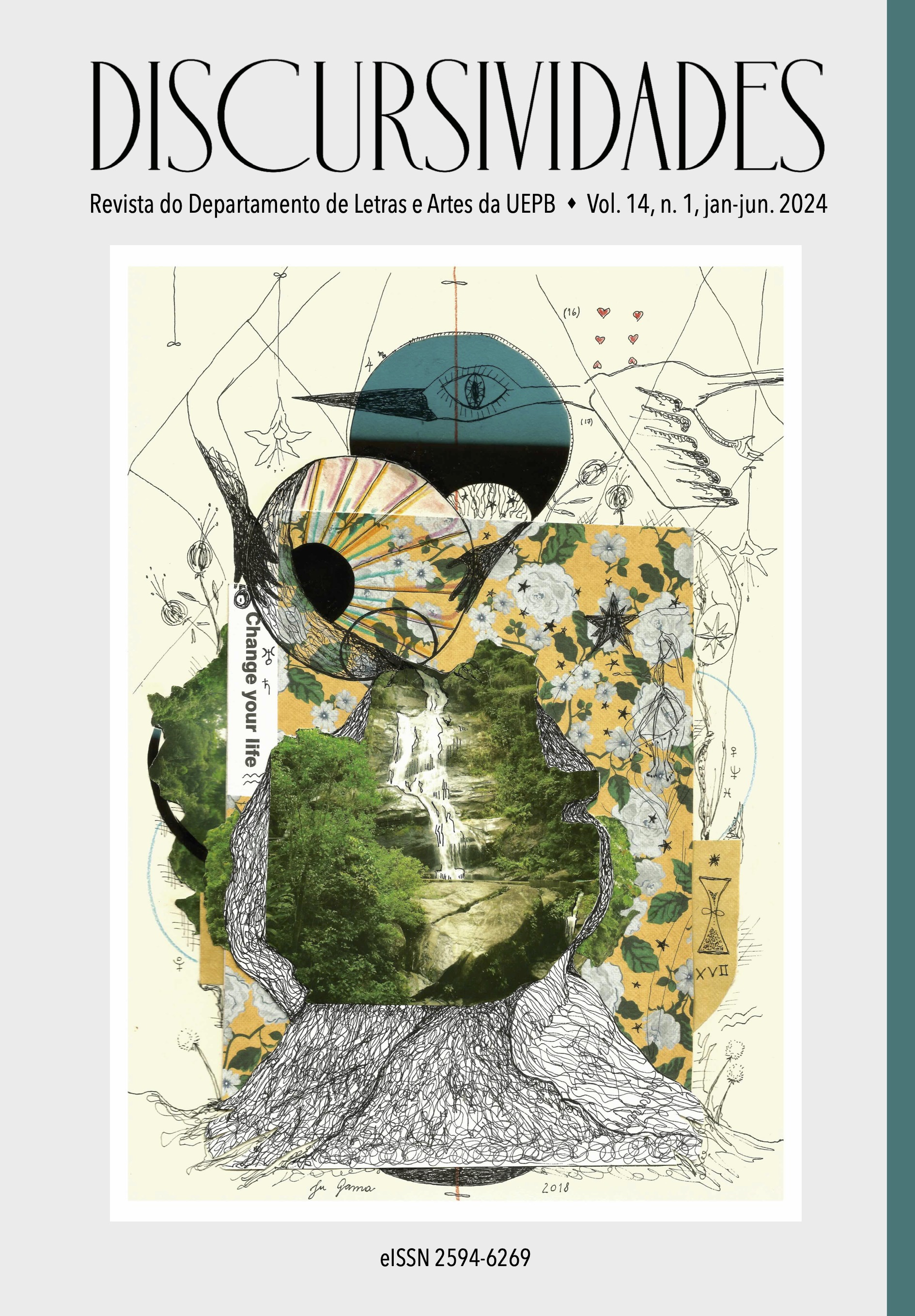Experience report on monitoring in the discipline of Latin I: Language and Culture Federal University of Roraima
DOI:
https://doi.org/10.29327/256399.14.1-4Abstract
This text is a report on the experience of monitoring the subjects Latin I: Language and Culture and Latin II: Language and Culture, com- pulsory subjects for the initial semesters of the Languages courses at the Fe- deral University of Roraima (UFRR). Among the activities carried out in the monitoring programme were the tutoring of students and the development of an individual project related to the teaching of Latin, which resulted in the writing of an academic article. The aim of this article is to describe the activities carried out, the challenges faced and the results obtained over the course of the academic semesters, as well as to reflect on the importance of tutoring for the student-monitor’s own academic development, both in terms of deepening their knowledge in the area of Classical Studies and in terms of their first contact with scientific research in this area of knowledge. The report highlights the importance of tutoring as a pedagogical practice that contributes to the teaching and learning of Latin and classical culture.
References
CART, A. et al. Gramática latina. Trad. Maria Evangelina Villa Nova Soeiro. São Paulo: Taq, Edusp, 1986.
DEZOTTI, Maria Celeste Consolin (Org.). A tradição da fábula: De Esopo a La Fontaine. São Paulo: Ed. UnB, 2003.
LEITE, Leni Ribeiro; CASTRO, Mariah. Barbosa. O ensino de Língua Latina na universidade brasileira e sua contribuição para a formação do graduando em Letras. Organon, Porto Alegre, v. 29, n. 56, pp. 223-244, jan/jun. 2014
LIMA, Alceu Dias et al. Latim: da fala à língua. Araraquara: Gráfica do Câmpus de Araraquara, 1992.
LIMA, Alceu Dias. A forma da fábula. Significação, Araraquara, n.4, p. 60-69, 1984.
LIMA, Alceu Dias. Uma estranha língua? Questões de linguagem e de método. São Paulo: Editora da Universidade Estadual Paulista, 1995.
LONGO, Giovanna. Ensino de Latim: problemas linguísticos e uso de dicionário. 105 f. Dissertação (Mestrado em Linguística e Língua Portuguesa). Universidade Estadual Paulista, Araraquara, 2006.
MARINHO, Luciana Antonio Ferreira. Uma conversa sobre as fábulas de Fedro. Rio de Janeiro, 2016. 149 f. Tese (Doutorado em Letras Clássicas) – Programa de Pós-graduação em Letras Clássicas da Universidade Federal do Rio de Janeiro.
MARTINS, Paulo. (2009). Literatura Latina. Curitiba: Eisde Brasil S.A..
NEVES, Maria Helena de Moura. A gramática pela fábula. Linguística, Associação de Linguística e Filologia da América Latina, v. 30, n.1, p. 165-196, 2014.
PEREIRA, Maria Helena da Rocha. Estudos de História da Cultura Clássica. v. 2. Cultura Romana. Lisboa: FCG, 2009.
PORTELLA, Oswaldo A Fábula. Revista Letras, Curitiba, n. 32, p. 119-138, 1983. Disponível em: < https://revistas.ufpr.br/ letras/article/view/19338> . Acesso em: 28 mai. 2019
SARAIVA, Francisco Rocha dos Santos. Novíssimo dicionário latino-português. 12a. ed. (fac-similar). Belo Horizonte, Rio de Janeiro: Garnier, 2006.
SOARES, A. B.; GOMES, G.; MAIA, F. A.; GOMES, C. A. O.; MONTEIRO, M. C. Relações interpessoais na universidade: o que pensam estudantes da graduação em Psicologia?. Estudos Interdisciplinares em Psicologia, [S. l.], v. 7, n. 1, p. 56–76, 2016. DOI: 10.5433/2236-6407.2016v7n1p56. Disponível em: https://ojs.uel.br/revistas/uel/index.php/eip/article/view/23794. Acesso em: 9 dez. 2023.
Downloads
Published
How to Cite
Issue
Section
Categories
License
Copyright (c) 2024 Vivian Gregores Carneiro Leão Simões; Lucas da Silva de Sá do Nascimento

This work is licensed under a Creative Commons Attribution 4.0 International License.
Authors who publish in this journal agree to the following terms:
a) Authors retain copyright and grant the journal the right of first publication. The articles are simultaneously licensed under the Creative Commons Attribution 4.0 International Public License (CC BY 4.0) which allows the sharing of the work with acknowledgment of its authorship and initial publication in this journal.
b) Discursividades journal offers immediate free access to its content, following the principle that making scientific knowledge available to the public free of charge provides greater global democratization of knowledge.






